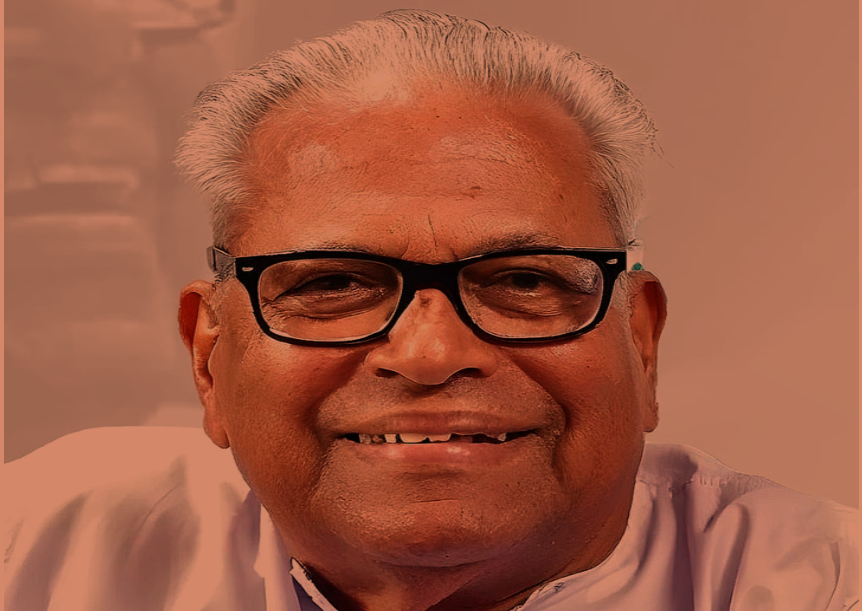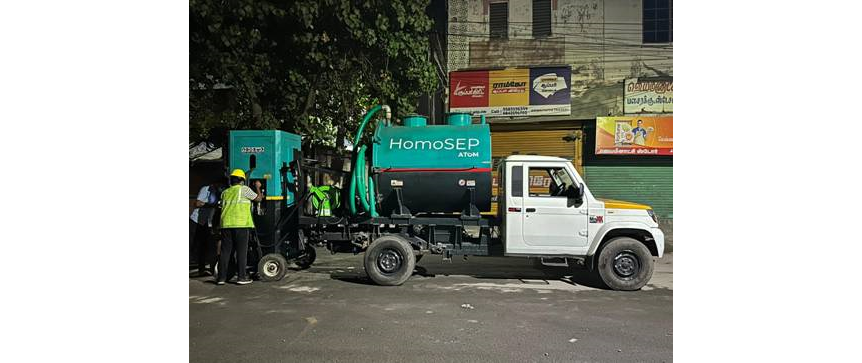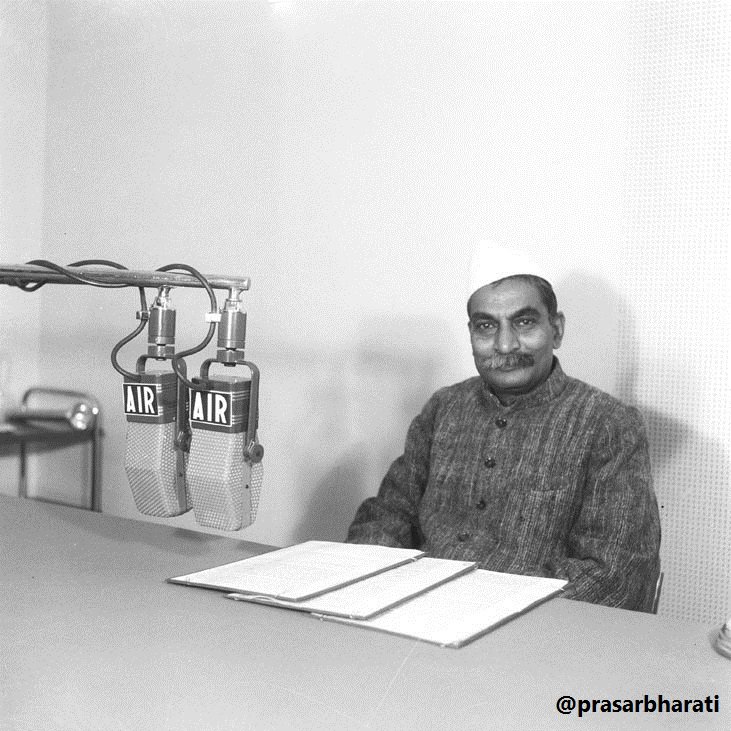God’s Own Country bid adieu to a centurion comrade on Monday (July 21, 2025) drawing the curtain on an era gone with the wind. Velikkakathu Sankaran Achuthanandan, the last surviving founding leader of the Communist Party of India (Marxist), breathed his last at a hospital in Thiruvananthapuram. He was 101.
Like many legends, his journey was forged in the crucible of struggle, molded by loss, and shaped by fire. Born in October 1923 in the small coastal town of Punnapra in Alappuzha, Achuthanandan’s early life reads like a preface to revolution. He lost his mother at four, his father at eleven. He prayed fervently for his father’s recovery, but his prayers went unanswered. This experience, coupled with his later reading of science, led to his loss of faith in God.
Formal education ended in Class VII, and like many of his generation, he turned to labour to survive—first in tailoring, then in a coir factory. The calluses on his hands and the absence of schooling would never leave him; they would instead become part of his moral vocabulary.
It was here, amid the damp looms and searing injustices of caste and class, that Achuthanandan found his political awakening. He joined the Communist Party of India in 1940 at age 17, not as an ideologue but as a worker who had seen enough of the world to know it needed changing.
Kerala’s red politics owe much to the Punnapra–Vayalar uprising of 1946—a flashpoint in the state’s resistance against the feudal Travancore monarchy. Achuthanandan was a central figure, moving between protest camps, organizing workers, and facing the wrath of a repressive state.
During the uprising, Achuthanandan was arrested and subjected to brutal torture in police custody. The police, believing he was dead, dumped his body. He survived to become a prominent mass leader spending over five years in jail, and nearly four underground. These were not sacrifices for ideology; they were personal costs paid in service of something larger: justice.
During the 1962 Sino-Indian war, Achuthanandan, then in prison, organized blood donation drives for Indian soldiers, a move that went against the party’s stance and led to his demotion.
When the Communist Party split in 1964, Achuthanandan stood with the Marxists—one of only 32 who would go on to found the CPI(M). Over the years, he would rise within its ranks: party state secretary for 12 years, Politburo member for over two decades, and—most notably—its moral compass. While many leaders sought consensus, VS often courted controversy. He was a reluctant tactician, but a relentless fighter.
He first entered the Kerala Legislative Assembly in 1967, and over time came to embody the party’s militant tradition: anti-feudal, anti-corporate, and fiercely anti-corruption. He was an early advocate for environmental causes, opposing a nuclear power plant in the 1980s and leading campaigns against land grabbing and the destruction of natural resources. He once ordered the cutting down of banana plantations to protect wetlands.
By 2006, Achuthanandan was 82 years old—long past the age when political careers are expected to end. But Kerala had other plans. Riding a wave of public admiration and internal party wrangling, VS became Chief Minister of Kerala, fulfilling a dream that had eluded him for decades.
His tenure (2006–2011) was not dazzling in the way technocrats prefer. It was uncomfortable, often combative, and brimming with moral courage. He cracked down on land mafia in Munnar, reclaimed illegally occupied state property, and stared down corporate encroachments. He went after lottery barons, defended public education, and championed free software before it was fashionable. In a rare act of political uprightness, his administration prosecuted and secured conviction of former minister R. Balakrishna Pillai—a move that drew both applause and ire. But what defined his chief ministership was not just policy. It was his posture. In an age of spin, VS remained an old-school socialist: rumpled, sincere, and ready to walk through rain-soaked rice fields to speak with paddy farmers.
VS never aspired to be a national leader in the traditional sense. He wasn’t a headline-chaser. Yet few state leaders wielded such moral authority across India. He stood for a cleaner politics, one that was increasingly endangered in the new age of media-friendly populism and corporate alliances. Even as controversies occasionally dogged him—most infamously, a poorly received comment after the 2008 Mumbai attacks—his standing among the public rarely wavered. His speeches were fiery but never hollow. His silences, rare but heavy.
When the CPI(M) sidelined him in later years, it was not without protest. Supporters saw in him not just a politician, but an embodiment of the values the party once stood for. In many ways, V.S. Achuthanandan was Kerala’s conscience, asking uncomfortable questions long after others had moved on to convenience. In 2016, he stepped down from active politics and retreated into near-seclusion. After a stroke in 2019, his public appearances ceased. On 21 July 2025, after a prolonged illness, the last revolutionary of his kind passed away in Thiruvananthapuram.
India’s political class—from Prime Minister Modi to Chief Minister Vijayan—issued solemn tributes. But none could fully capture what VS meant to Kerala. He was not just its oldest CM, or the last founding Marxist, or a respected reformer. He was something more intimate, more irreplaceable to every comrade in Kerala irrespective of their affiliation.



